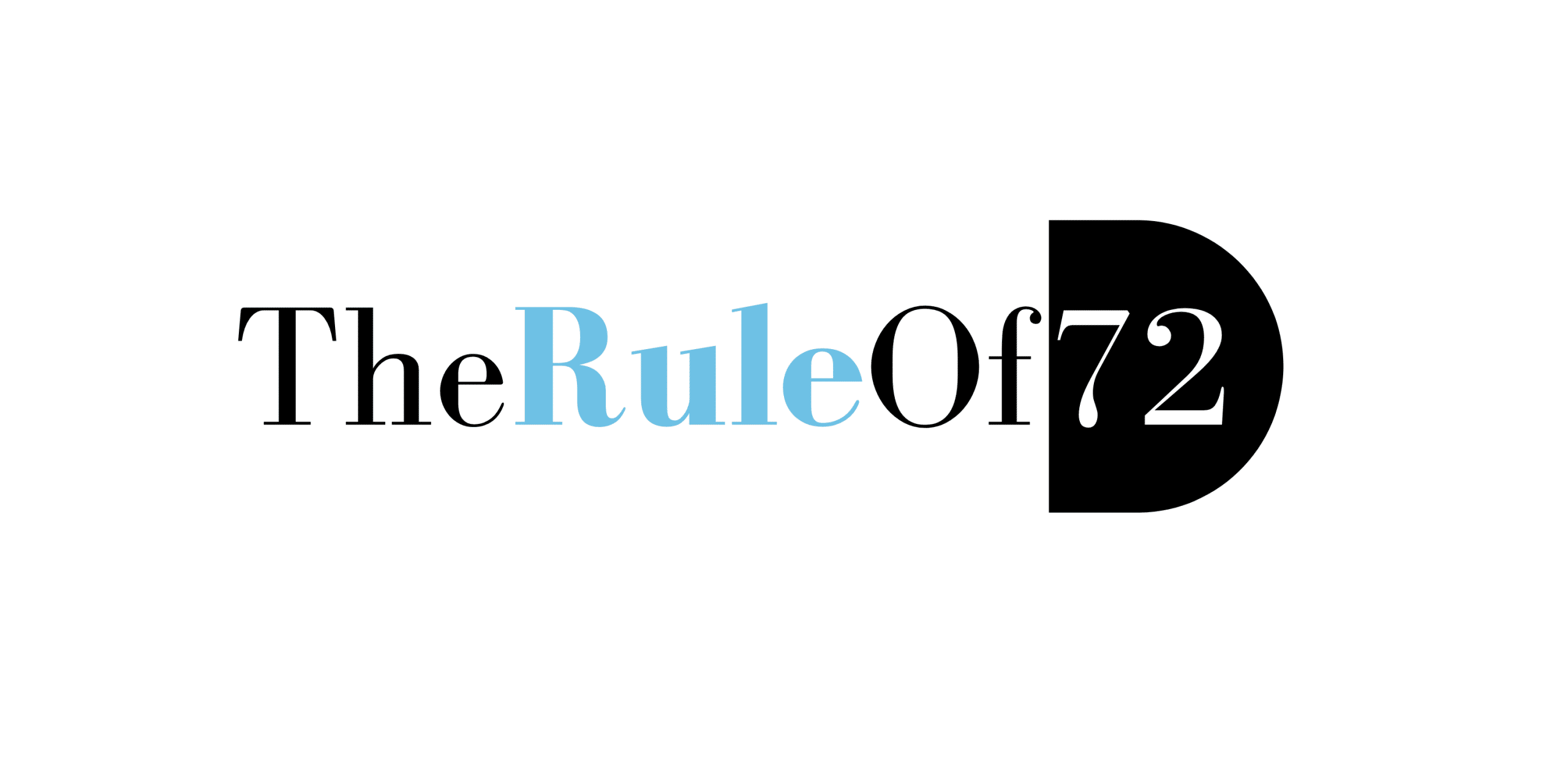Understanding Cash Value in Whole Life Insurance

Life insurance is a financial tool that offers protection, security, and peace of mind to individuals and their families. Among the various types of life insurance, whole life insurance stands out for its unique feature: cash value. In this comprehensive guide, we will delve into the concept of cash value in whole life insurance, explaining what it is, how it works, and why it’s an essential component of your financial portfolio.
What Is Whole Life Insurance?
Whole life insurance, also known as permanent life insurance, is a type of policy that provides coverage for the entire duration of your life. Unlike term life insurance, which provides coverage for a specific term (e.g., 10, 20, or 30 years), whole life insurance is designed to last your entire lifetime, as long as you pay the premiums. The defining feature of whole life insurance is its cash value component.
The Basics of Cash Value
Cash value is a unique aspect of whole life insurance policies. It’s essentially a savings or investment component that grows over time, in addition to providing a death benefit. Here’s how it works:
1. Premium Payments
When you purchase a whole life insurance policy, you agree to pay regular premiums, typically on a monthly or annual basis. A portion of these premiums goes toward the policy’s administrative costs and the death benefit, while the remaining portion is allocated to the cash value component.
2. Tax-Deferred Growth
The cash value in a whole life insurance policy grows on a tax-deferred basis. This means that the money invested in the cash value account can accumulate interest, dividends, or other earnings without incurring immediate tax liabilities.
3. Guaranteed Minimum Interest
Insurance companies typically offer a guaranteed minimum interest rate on the cash value. This ensures that, even in times of economic uncertainty, your cash value will continue to grow, albeit at a slower rate.
4. Flexibility
Policyholders have some degree of flexibility when it comes to the cash value. You can often borrow against it, use it to pay premiums, or even withdraw funds from it if needed. However, taking loans or withdrawals may affect the death benefit and the long-term growth of the cash value.
Benefits of Cash Value
Understanding the cash value component of whole life insurance can help you appreciate its advantages:
1. Permanent Coverage
One of the primary benefits of whole life insurance is that it offers coverage for your entire life. As long as premiums are paid, your policy remains in force, providing financial security for your loved ones.
2. Investment and Savings
The cash value serves as a savings or investment vehicle, allowing you to accumulate wealth over time. This can be especially appealing if you’re looking for a safe and conservative way to grow your money.
3. Tax Advantages
The tax-deferred growth of cash value is a significant advantage. You won’t pay taxes on the earnings within the cash value account until you make withdrawals or take loans, potentially allowing your money to grow more efficiently.
4. Liquidity
Whole life insurance policies offer liquidity through policy loans and withdrawals. In times of financial need, you can access the cash value without undergoing a credit check or facing early withdrawal penalties, as you might with other types of savings or investment accounts.
Factors Influencing Cash Value Growth
The growth of the cash value in a whole life insurance policy is influenced by several factors, including:
1. Premium Amount
The higher your premium payments, the faster your cash value will grow. Paying larger premiums can accelerate the growth of this component.
2. Time
Cash value takes time to accumulate and grow. The longer you keep your policy in force, the more substantial your cash value is likely to become.
3. Dividends
Some whole life insurance policies are eligible to receive dividends from the insurance company. These dividends can enhance the cash value growth, although they are not guaranteed.
4. Policy Expenses
Policy expenses, such as administrative fees and insurance charges, can affect the growth rate of your cash value. Lower-cost policies tend to allocate a higher percentage of your premiums to cash value.
Utilizing Cash Value
The cash value component of a whole life insurance policy offers various ways to utilize the accumulated funds:
1. Policy Loans
You can borrow money from your cash value through policy loans. These loans are typically offered at a lower interest rate compared to traditional loans, and you’re not required to undergo a credit check.
2. Premium Payments
If you face financial difficulties, you can use the cash value to pay your premiums, ensuring that your policy remains in force during challenging times.
3. Supplementing Retirement Income
The cash value can be a valuable source of supplemental retirement income. You can withdraw funds from the cash value without incurring penalties, and these withdrawals are typically tax-free up to the amount you’ve paid in premiums.
4. Emergency Funds
In times of unexpected financial emergencies, the cash value can serve as an emergency fund. It provides a readily accessible source of funds that can be used for medical bills, home repairs, or other unexpected expenses.
Considerations and Drawbacks
While cash value in whole life insurance offers many advantages, there are also some considerations and drawbacks to keep in mind:
1. Cost
Whole life insurance policies tend to be more expensive than term life insurance. The higher premiums are necessary to fund the cash value component.
2. Time
The cash value takes time to accumulate, and it may not be as liquid as other savings or investment accounts, especially in the early years of the policy.
3. Impact on Death Benefit
Borrowing against the cash value or making withdrawals can reduce the death benefit payable to your beneficiaries. It’s essential to understand the implications of accessing these funds.
4. Risk
While cash value offers a degree of safety and guarantees, it may not provide the same potential for high returns as riskier investments, such as stocks or real estate.
Conclusion
Understanding cash value in whole life insurance is vital for making informed financial decisions. Whole life insurance offers the unique combination of permanent coverage and a savings or investment component. The cash value can serve as a valuable asset that provides flexibility, tax advantages, and financial security for you and your loved ones.
As with any financial product, it’s crucial to assess your individual needs, goals, and risk tolerance to determine if a whole life insurance policy with cash value aligns with your long-term financial plans. Consulting with a financial advisor or insurance professional can help you navigate the complexities of these policies and make the best decision for your financial future. In the end, a well-structured whole life insurance policy can be a valuable addition to your overall financial portfolio.





